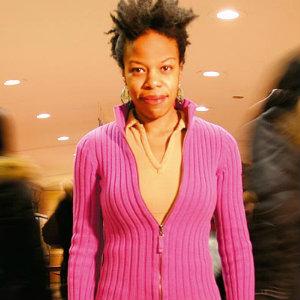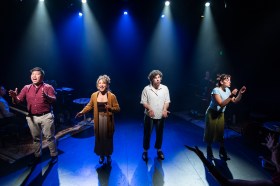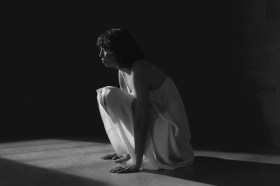It’s not news that the United States’ public education system is struggling. A quick, unscientific Google search reveals stats from 2010 indicating that out of 30 developed nations, the US is ranked 25 in maths and 21 in science. It spends more than five times its nearest rival (Japan) on education, and yet its literacy scores have plummeted since the 1970s.
Former President George W Bush’s No Child Left Behind Act was designed with lofty ambitions to fix the declining rates of literacy and numeracy in the country. Signed into law in 2002, its results have been mixed. Recent academic studies show it has marginally increased maths performance, but has made no impact whatsoever on reading achievement at either level.
And there’s evidence it’s negatively affected arts, history, language and music education: the Act only tests reading, writing and maths skills, and requires schools to improve their students’ scores in these subjects every year, resulting in some schools funnelling funds away from ‘non-essential’ subjects – or cutting them altogether – in favour of ‘core’ subjects.
Playwright and actor Nilaja Sun has firsthand experience of the state of US public education, both pre- and post-No Child Left Behind. After spending eight years as a teaching artist in some of the poorest, toughest schools in New York, she created her one-woman play No Child…, drawing on those years. It’s a remarkable achievement, and a wonderful example of the importance – nay, necessity – of arts education from an early age.
On a minimalist set featuring three chairs and a broom, and helped only by some dynamic lighting and the barest minimum of recorded sound effects, Sun effervescently brings to life 16 characters informed by her teaching experience. Relying on her extraordinarily nuanced physicality and her significant vocal abilities, she tells the story of a play within a play within a play: the play we are watching focuses on the character of Miss Sun as she struggles to teach a class of disaffected 10th graders Timberlake Wertenbaker’s Our Country’s Good, a play about convicts in a NSW penal colony in the 1790s putting on a production of George Farquhar’s 1706 play The Recruiting Officer.
Effortlessly shifting from one character to the next, often at breakneck speed, Sun lovingly conveys the frequently hilarious, often depressing interactions between the socially, financially and emotionally disadvantaged teens and their teachers. At first reluctant to give her the time of day, they slowly come around as they start to see parallels between their daily existence and that of Wertenbaker’s convicts. And as Sun’s play unfolds, it begins to parallel Wertenbaker’s even more closely: missing students/convicts at rehearsals; Jerome/Ralph’s central role in the making the production happen; the growing importance of the play to the colony/class’s cohesion; and the ultimate message that even the most disadvantaged can succeed if given the opportunity.
While battling some obvious ‘cool teacher overcoming the odds to connect with difficult students’ tropes (cf: To Sir, With Love, Stand and Deliver, Dead Poets Society, Dangerous Minds, Mr. Holland’s Opus), and some characterisations that would be uncomfortable were Sun not black herself, No Child… is ultimately a thoroughly enjoyable, uplifting experience, not least for the sheer presence of Sun’s performance. She inhabits the personalities, physical attributes and emotions of these teens and the adults around them so convincingly that at times you wonder how there’s only one woman on stage.
While the New York specifics of No Child… may be alien to Australia, the multi-award winning, long-running play’s first trip down under is well timed, with the recent changes to our education system via NAPLAN. Its ultimate message, however, is not one of politics, but of deeper, more ingrained social problems with US – and yes, Australian – society, and how the arts and education can help improve these. It’s a message of hope, and of the importance of arts within school curriculums.
4 stars out of 5
Theatre Works and Melbourne Festival present
No Child…
Playwright: Nilaja Sun
Director: Hal Brooks
Stage Manager: Jessica Ross
Lighting Design: Mark Barton
Lighting Realisation: Richard Vabre
Sound Design: Ron Russell
Costume Design: Jessica Gaffney
Melbourne Producers: Daniel Clarke, Mark Crees
Actor: Nilaja Sun
Arts Centre Melbourne, Fairfax Studio
9 – 14 October
Melbourne Festival
11 – 27 October





